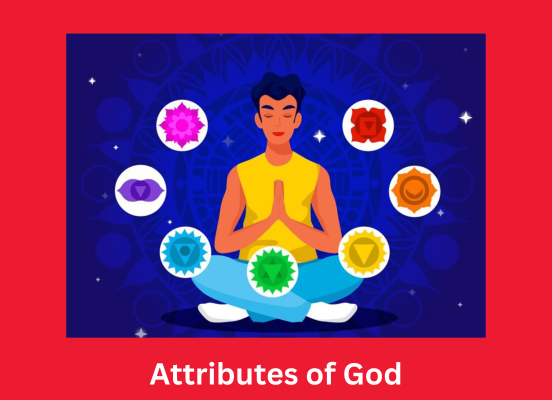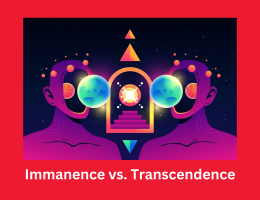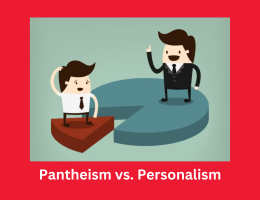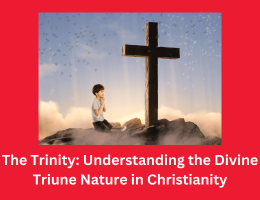
Attributes of God
- By admin --
- Friday, 08 Mar, 2024
In the middle of the difficulty is the concept of loose will, or the capability of an character to select their very own movements independently of outside impacts. Unfastened will is the liberty to behave in a way that fits one's personal private preferences, morals, and ideals without being coerced or pressured to observe predetermined paths. It appears to be a vital issue of human nature, which encompass ethical judgments, behaviors, and moral insights.
In many theological traditions, one characteristic of the divine is omniscience, or the perception that God is all rely. In Christianity, for instance, God is regularly portrayed as omniscient, with statistics about the beyond, presents, and future. Scriptures which encompass Psalm 139:1-4, which states, "You have searched me, Lord, and me," feature the muse for this idea. You can revel in my thoughts from a distance; once I sit down down and as quickly as I rise up." Comparably, Allah is stated in Islam as Al-'Alim, the All-Knowing, and Surah 2:255 of the Quran states, "And Allah is Knowing of all subjects." This exquisite of omniscience highlights God's all-encompassing information of the cosmos and human lifestyles, underscoring the divine knowledge and sovereignty sooner or later of those faiths.
One greater characteristic shared via many non secular traditions is omnipotence, or the conviction that God possesses infinite electricity and is capable of doing the whole lot. Judaism holds that the creation story of Genesis, in which God creates the universe ex nihilo, or out of not anything, is the pleasant example of God's omnipotence. This act of introduction proves that God is in entire manage of the universe. Similar to this, the Upanishads and different holy writings' conception of Brahman—the ultimate truth or ideal cosmic power—embodies the concept of omnipotence in Hinduism. Within these traditions, the concept of divine omnipotence fosters awe and reverence for the divine, spotting God's potential to effect cosmic trade and transformation.
Another quality that unites many religious traditions is omnipresence, the conviction that God is gift anywhere right now. For instance, the Sikhism perception of Ik Onkar, which means that "One God," highlights the divine's omnipresence inside the created international. The sacred e book of Sikhism, the Guru Granth Sahib, helps this idea by way of maintaining, "You are the Creator, beyond start, self-existent." You are in Your Creation by Your Form." In a comparable vein, the concept of omnipresence—the perception of God's presence in all elements of nature—is protected in Native American spirituality's notion inside the Great Spirit, additionally known as the Manitou. Within those traditions, the omnipresence characteristic promotes a profound regard for all of introduction via fostering a feel of divine immanence and connection.
A essential precept of many theological traditions is omnibenevolence, or the conviction that God is infinitely benign and benevolent toward all of creation. For instance, the idea of omnibenevolence is embodied in the Buddhist concept of mettā, or loving-kindness, in which practitioners cultivate compassion and goodwill toward all beings. This pleasant highlights the interdependence of all existence and is in keeping with the Buddha's teachings on accepted love and non-harming (ahimsa). In a similar vein, the Baha'i Faith emphasizes the omnibenevolent character of God, who's identified as the foundation of all love and compassion, via the idea of humanity's team spirit. Within these traditions, this first-rate of omnibenevolence encourages deeds of kindness, selflessness, and social justice, fostering harmony and togetherness amongst numerous societies.
To sum up, the characteristics of omniscience, omnipotence, omnipresence, and omnibenevolence are fundamental to how God is understood in many theological contexts. Even although there are many distinctive theological interpretations and expressions of these features, they still give believers a framework for considering the character of the divine and how they relate to it. We can learn more approximately the extraordinary approaches that humanity has tried to realise and relate to the transcendent reality that is God by using analyzing those characteristics inside the context in their various cultures and religions.





